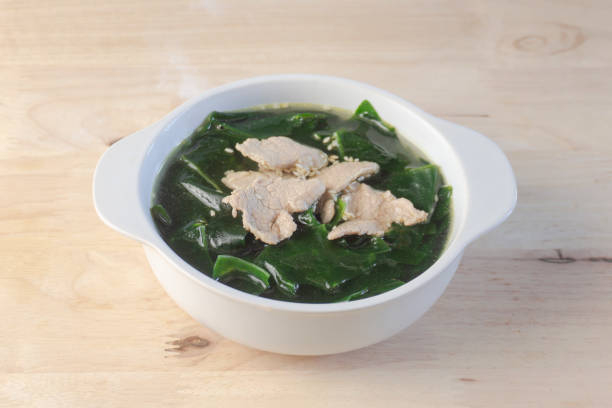Contains a Variety of Protective Antioxidants

Antioxidants can make free radicals, which are unstable molecules in your body, less reactive. As a result, they are less likely to harm your cells. Furthermore, excessive free radical generation is thought to be a root cause of various ailments, including heart disease and diabetes. Seaweed contains a range of useful plant chemicals, including flavonoids and carotenoids, in addition to the antioxidant vitamins A, C, and E. These have been demonstrated to protect cells in your body from free radical damage.
A lot of studies have been done on a carotenoid called fucoxanthin. It is the primary carotenoid present in brown algae like wakame and has 13.5 times the antioxidant activity of vitamin E. Fucoxanthin has been found to be more effective than vitamin A at protecting cell membranes. While the body may not always absorb fucoxanthin efficiently, ingesting it alongside fat may boost absorption. Nonetheless, seaweed includes a wide range of plant components that, when combined, have powerful antioxidant properties.








